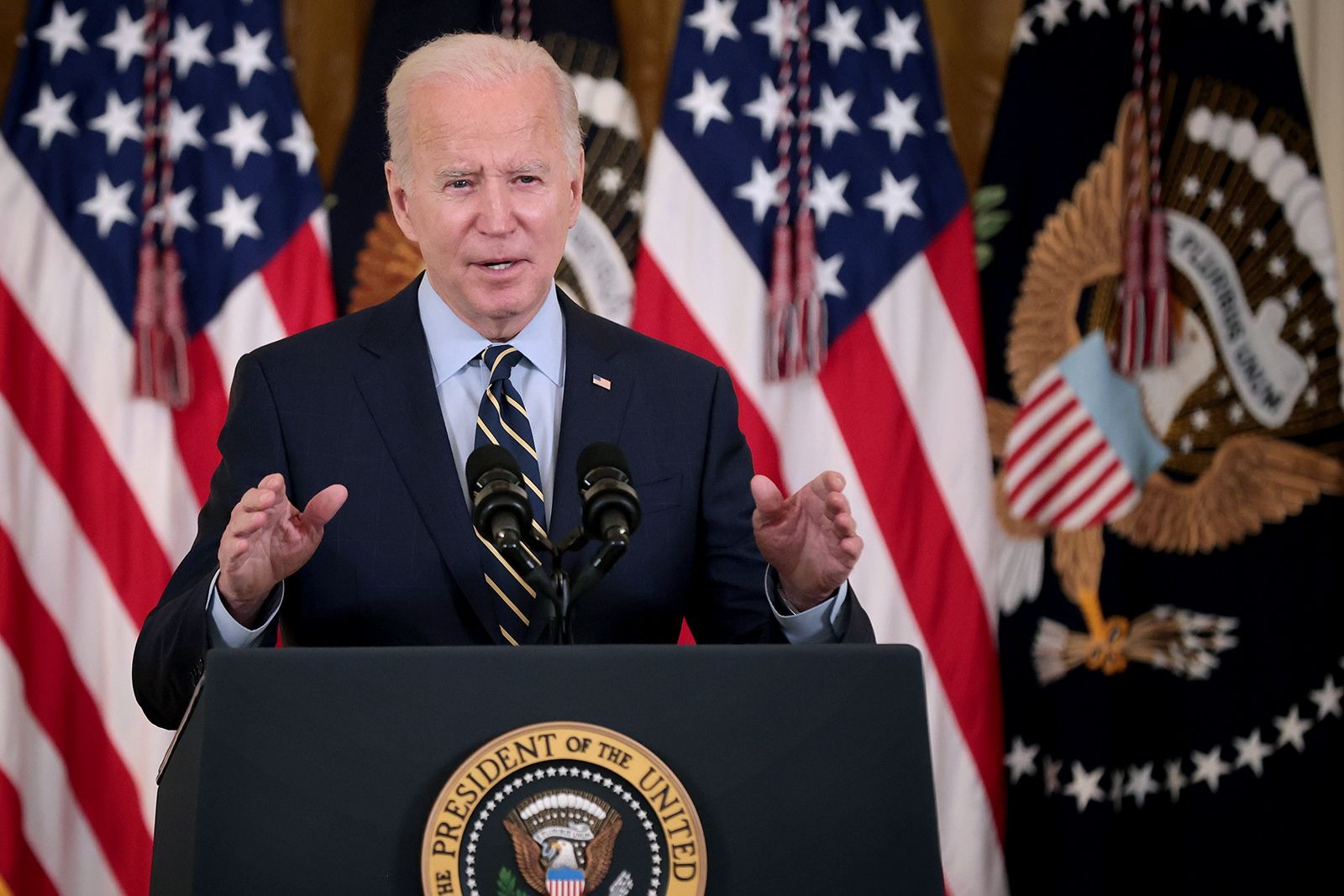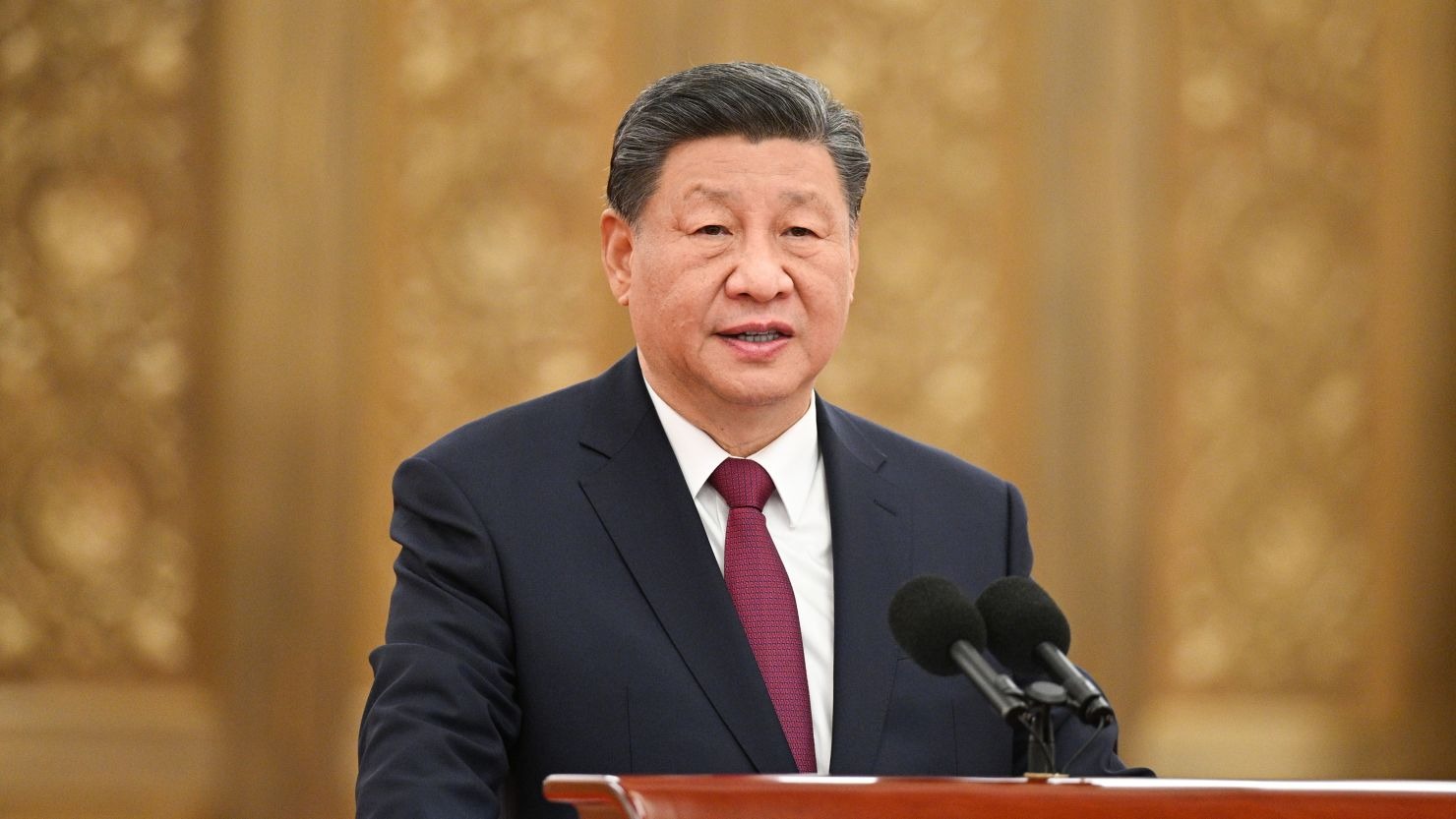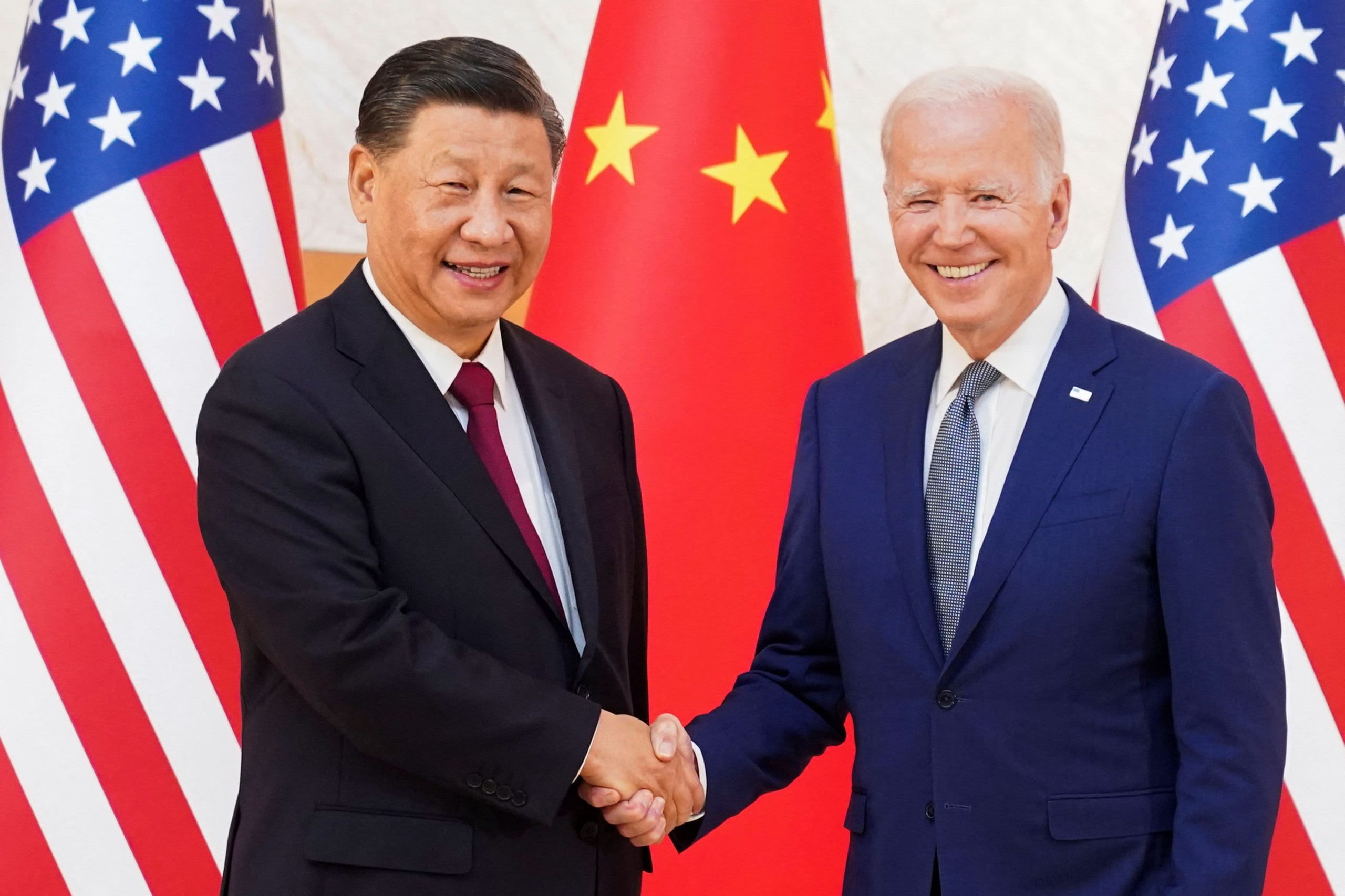On Tuesday evening, President Xi Jinping spoke with U.S. President Joe Biden. The dialogue underscored a commitment to ongoing communication, with both leaders directing their teams to pursue the objectives outlined in the San Francisco vision.
This vision, established during their last meeting in San Francisco, has ushered in a period of increased interactions across various sectors, including diplomacy, trade, and environmental initiatives, reflecting a hopeful trajectory for bilateral relations.
Xi emphasized the importance of mutual respect and cooperation for a beneficial relationship between the two nations. He highlighted the potential for positive developments in China-U.S. ties and provided a partnership-based approach characterized by respect and cooperative efforts towards common goals.

U.S. President Joe Biden (Credits: Britannica)
In recent months, tangible efforts have been made to actualize the San Francisco vision, with the initiation of the China-U.S. Counternarcotics Working Group and the resumption of the bilateral agricultural cooperation mechanism after nine years.
Additionally, cultural and educational exchanges have been bolstered, exemplified by the visit of American high school students to China, part of a broader initiative to deepen mutual understanding through people-to-people interactions.
During their conversation, Xi outlined three fundamental principles for guiding the future of China-U.S. relations: valuing peace, prioritizing stability, and maintaining credibility. He advocated for a forward-moving relationship built on solid and sustainable foundations, cautioning against regressive actions.
However, Xi also addressed concerns regarding U.S. policies that he views as hindrances to China’s technological and trade advancements, warning against actions perceived as containment strategies.

President Xi Jinping (Credits: CNN)
Despite these challenges, Xi expressed openness to mutually beneficial cooperation, underscoring the potential for collaboration in healthcare and agriculture, which could yield significant benefits for both nations.
In response, Biden reassured that the U.S. does not aim to hinder China’s growth or seek a disconnection between the two economies. He announced upcoming visits to China by high-ranking U.S. officials to foster dialogue, reduce misunderstandings, and promote collaborative efforts on global challenges.
Describing their discussion as candid and constructive, both leaders agreed to enhance their dialogue and cooperation across various issues, including counternarcotics, artificial intelligence, and climate change response, in addition to expanding cultural and educational exchanges.
This conversation marks a step towards a more stable and cooperative relationship between China and the U.S., with implications for global diplomacy and international policy.























